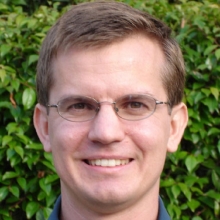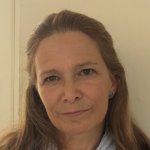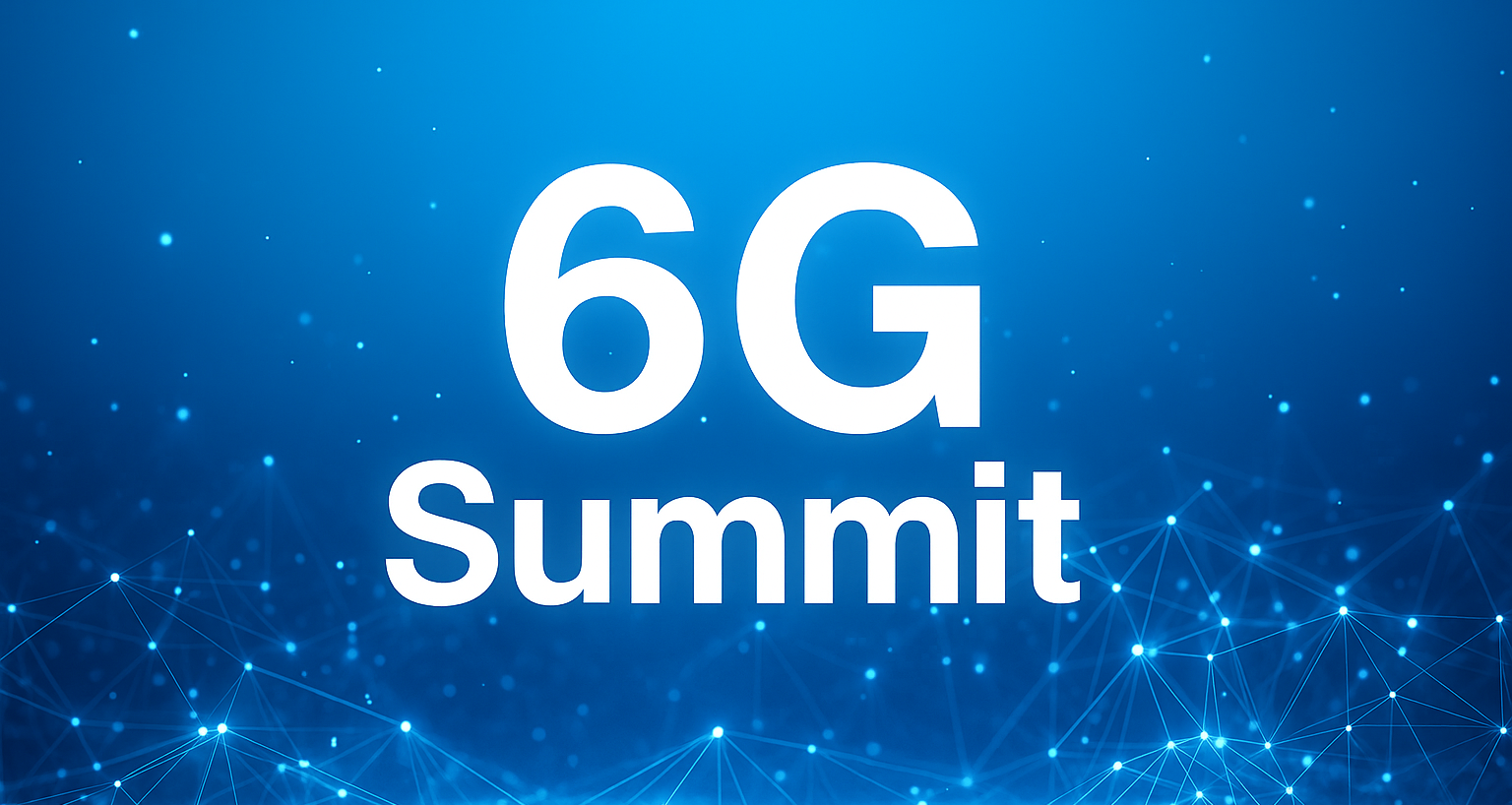Date and time: 11 October 2022, 12:00 – 17:00 CEST (UTC+2)
Title: Workshop: Machine learning in biology and medicine
Where: Digital Futures hub, Osquars Backe 5, floor 2 at KTH main campus
Directions: https://www.digitalfutures.kth.se/contact/how-to-get-here/
A maximum of 50 participants are onsite at the Digital Futures hub. First-come, first-served basis.
Register for the event latest 4 October HERE
The workshop aims to bring together researchers and practitioners working on machine learning methods and applications to biology, medicine, and healthcare. The program features keynote speeches of four forefront researchers in the area while providing a platform for exchanging ideas, learning about relevant problems and solutions, and enabling new collaborations.
We welcome participants from academia, industry, or the public sector who are broadly interested in the topic of machine learning and its applications to biology, medicine, and healthcare.
PROGRAM
12:00 – 12:45 Lunch is served
12:45 – 13:00 Welcome and introduction
Aristides Gionis – Professor, Division of Theoretical Computer Science at KTH
Jens Lagergren – Professor, Division of Computational Science and Technology at KTH and SciLifeLab
13:00 – 13:45 KEYNOTE 1: Alignment, Integration, and Modeling of Spatial Transcriptomics Data
Ben Raphael – Professor of Computer Science, Princeton University.
Abstract: to be announced

13:45 – 14:30 KEYNOTE 2: Artificial intelligence in the medicine’s service
Ewa Szczurek – Associate professor, University of Warsaw Faculty of Mathematics, Informatics and Mechanics, University of Warsaw.
 Abstract: I will describe our artificial intelligence approaches to problems in medicine. I will mainly focus on the problem of antimicrobial resistance. Antimicrobial peptides (AMP) emerge as compounds that can alleviate the global health hazard of antimicrobial resistance, prompting a need for novel computational approaches to peptide generation. We proposed HydrAMP, a conditional variational autoencoder that learns a lower-dimensional and continuous space of peptides’ representations and captures their antimicrobial properties.
Abstract: I will describe our artificial intelligence approaches to problems in medicine. I will mainly focus on the problem of antimicrobial resistance. Antimicrobial peptides (AMP) emerge as compounds that can alleviate the global health hazard of antimicrobial resistance, prompting a need for novel computational approaches to peptide generation. We proposed HydrAMP, a conditional variational autoencoder that learns a lower-dimensional and continuous space of peptides’ representations and captures their antimicrobial properties.
The model disentangles the latent representation of a peptide from its antimicrobial conditions, allowing for a targeted generation. HydrAMP is explicitly trained for diverse tasks, including generating peptides de novo and as analogues of given prototypes. HydrAMP outperforms other approaches in generating peptides in both tasks and leverages parameter-controlled creativity. We introduced additional preselection of generated peptides using an ensemble of auxiliary classifiers and molecular dynamics simulations. Wet-lab experiments on five bacterial strains confirmed the activity of nine novel peptides generated by HydrAMP and preselected as promising analogues of Pexiganan, OP-145, Omiganan, and Syphaxin. Remarkably, HydrAMP also generated six active analogues of a known inactive peptide. In summary, HydrAMP enables progress towards new, diverse, potent antimicrobial treatments based on AMPs.
14:30 – 15:00 Coffee break & Discussion
15:00 – 15:45 KEYNOTE 3: Combination of medical and genomic data through machine learning for disease prognosis and treatment
Artemis Hatzigeorgiou – Professor at the Department of Computer Science and Biomedical Informatics, University of Thessaly, Greece, and Hellenic Pasteur Institute.
 Abstract: Today’s genomic and genetic data from New Generation Sequencing experiments lead to an analysis of Terabyte data. Integrating different forms of information ranging from medical to biological data of different quality makes machine learning ML-based algorithms nearly the only solution for many problems in health science.
Abstract: Today’s genomic and genetic data from New Generation Sequencing experiments lead to an analysis of Terabyte data. Integrating different forms of information ranging from medical to biological data of different quality makes machine learning ML-based algorithms nearly the only solution for many problems in health science.
During the talk, I will discuss the challenges we face using ML-based approaches to identify new prognostic and therapeutic biomarkers. Examples from highly successful applications in this field will also be presented.
15:45 – 16:30 KEYNOTE 4: Predictive modelling of drug treatment responses in cancer
Tero Aittokallio – PhD, Institute for Molecular Medicine Finland (FIMM), University of Helsinki, Finland, Institute for Cancer Research, Oslo University Hospital, and Professor Oslo Centre for Biostatistics and Epidemiology, University of Oslo, Norway.

Abstract: Comprehensive testing of the sensitivity of patient-derived cells to a wide collection of drugs is increasingly being used to tailor drug treatments for individual cancer patients. However, high-throughput drug testing experiments result in high-dimensional datasets with inherent measurement noise and technical variability, which hinders many downstream analyses, such as the detection of differential drug sensitivities or stratification of patients based on their selective response patterns.
This talk describes computational approaches, especially multivariate machine learning models that enable multi-omics data integration with biological information in target networks when mining biomarker panels most predictive of treatment responses. Several examples are given in haematological cancers and solid tumours, illustrating how these computational models provide experimentally-validated predictions, clinically actionable treatment suggestions and multi-omics signatures for prognostic prediction.
16:30 – 16:55 Coffee break & Discussion
16:55 – 17:00 Concluding remarks
End of day
Contact persons:
- Aristides Gionis: argioni@kth.se
- Jens Lagergren: jensl@kth.se





